Voice
Singing is the art of producing musical sounds with the voice, an integral part of many musical traditions. Kent Music offers a range of opportunities to learn, develop, and progress vocal skills, through lessons, groups, and courses.
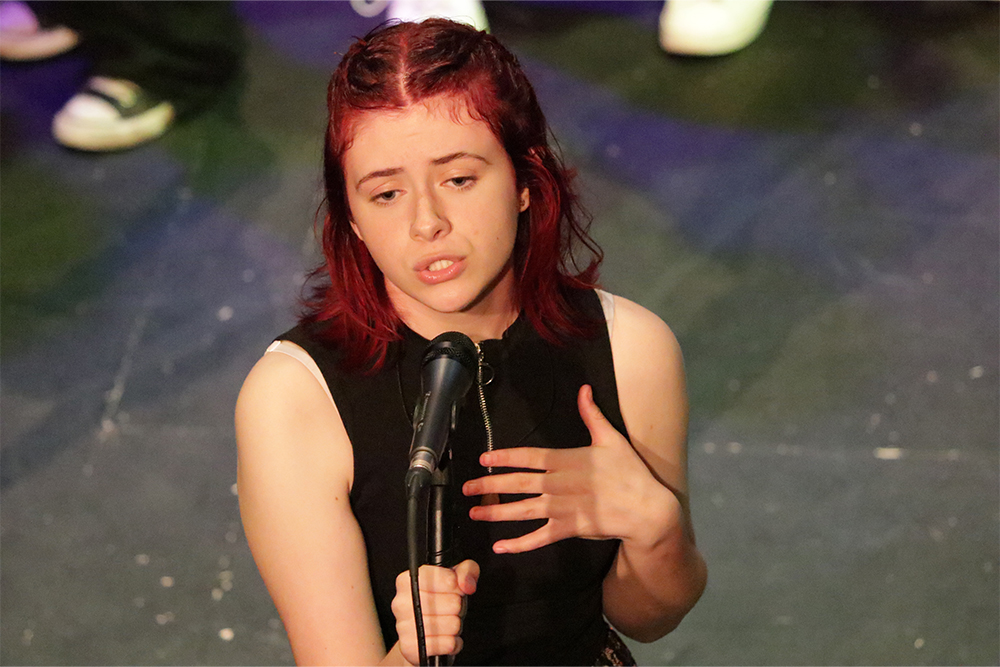
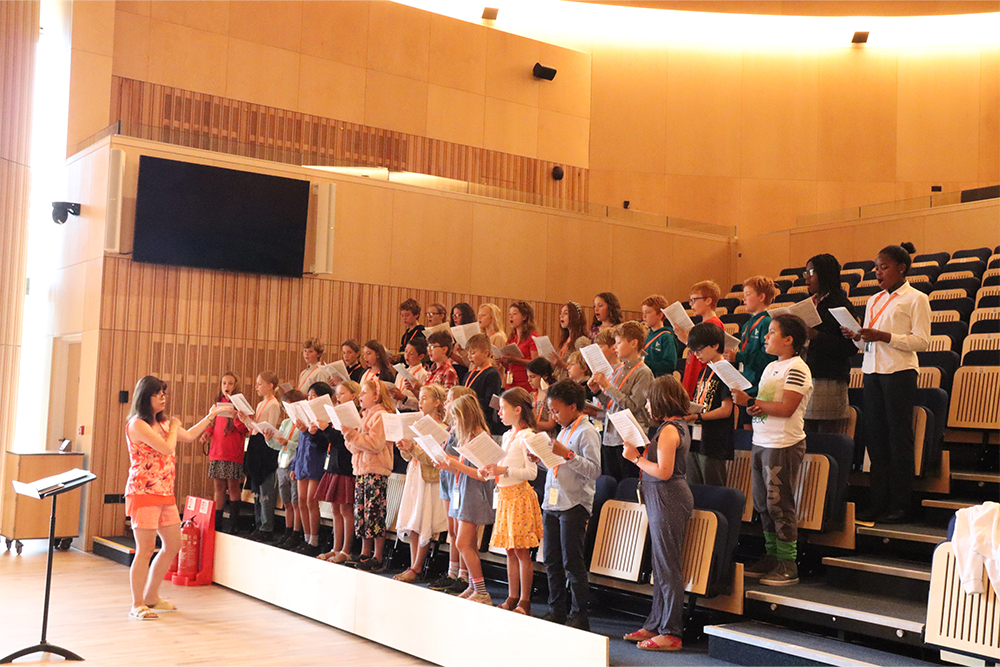
Vocal lessons with Kent Music
We provide tailored learning experiences for different skill levels and interests which reflect our values: creativity, achievement, inclusion, awareness and joy. Whether you are a beginner or an experienced player or singer, Kent Music supports your musical journey with expert guidance.
Singing involves using the voice to produce musical notes and sounds, often accompanied by lyrics. It is a versatile and expressive form of music, found in genres ranging from classical and opera to pop, rock, jazz, and folk.
Want to dive deeper?
Find out more about the different types of voice below. Remember, a singers voice changes as they grow and mature, so your role may change as you get older. At Kent Music we provide a range of music lessons across Kent and Medway to suit every performance, whether that’s on stage or at home.
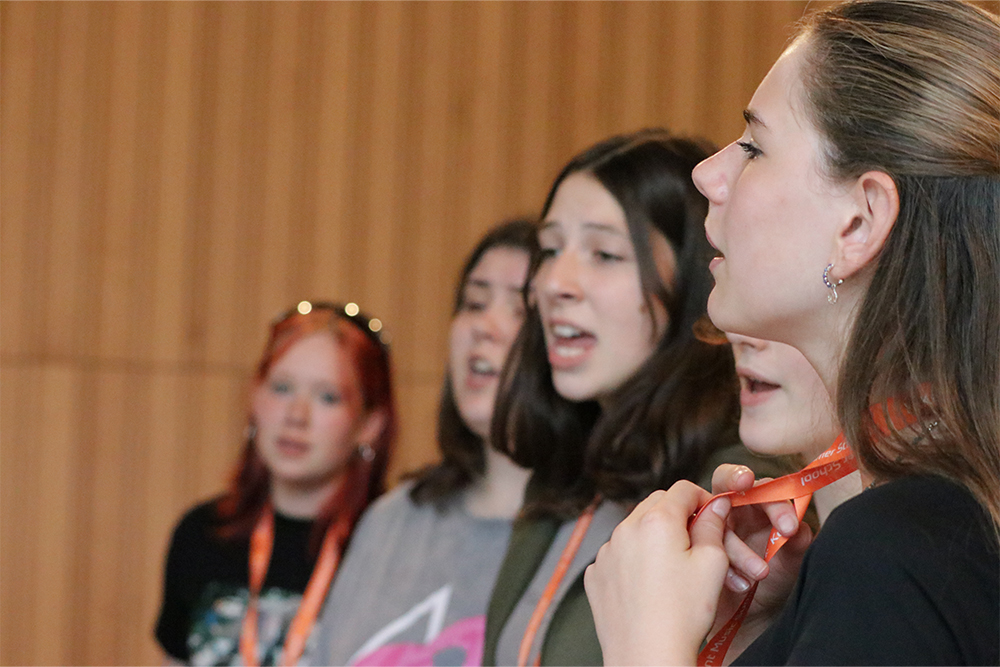
Music Lessons
Kent Music has teachers in 200+ schools across Kent and Medway offering singing lessons in the school day, plus a network of music centres which offers lessons in the evening and on Saturdays. You will get teaching tailored to your individual needs and ambitions – learning more about your voice and developing a healthy vocal technique while developing techniques and skills to sing confidently in a variety of styles. You will also be encouraged to sing in groups and choirs to develop your skills and musicianship further.
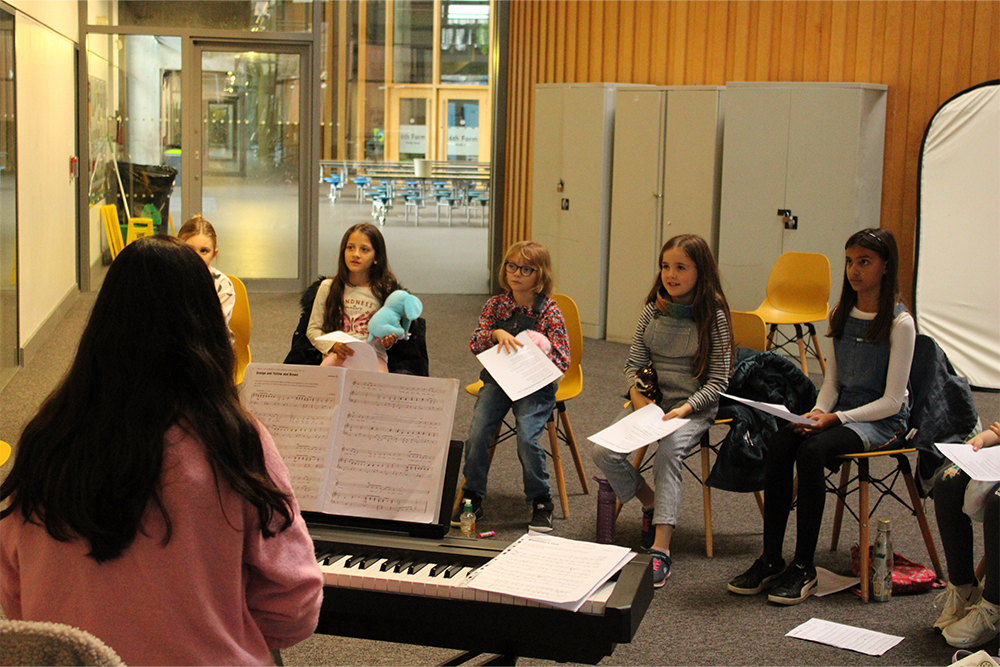
Vocal Groups
Most of our music centres at Kent Music have a choir, plus other groups you can join as a singer from Junior Choirs or Voices to our Music Labs where you can get really creative! More advanced singers can audition to join Kent Youth Choir, a group of talented young singers aged 14 – 21 showcasing the talent in the voices of young people across Kent and Medway.
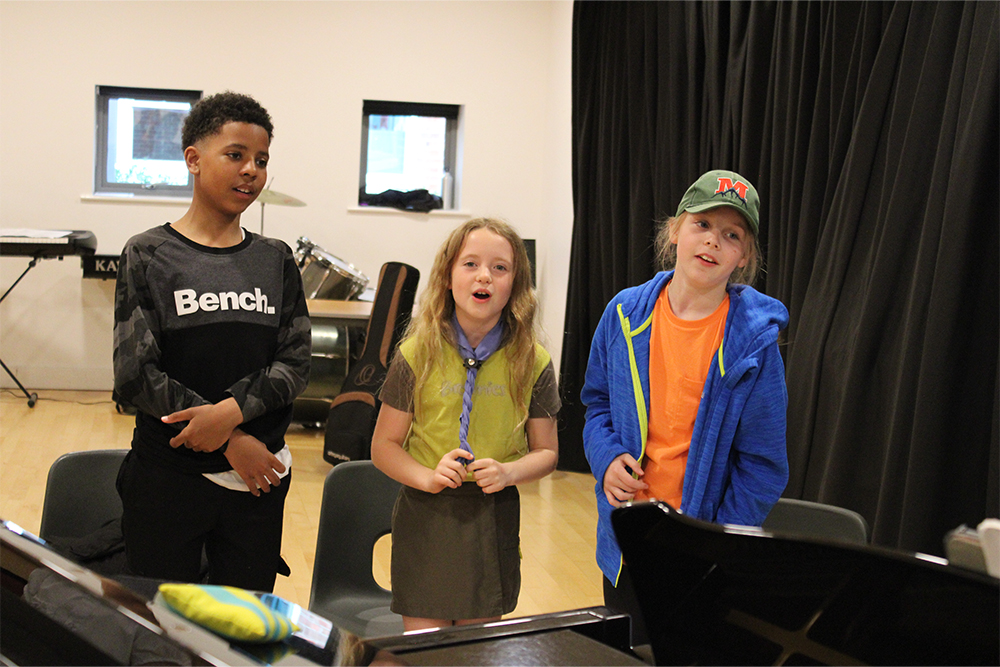
Ashford Junior Choir
Music CentreMusic Centre
Ashford Music Centre
Instrument Type
Voice
Age Group
8 – 13
Skill Level
Any
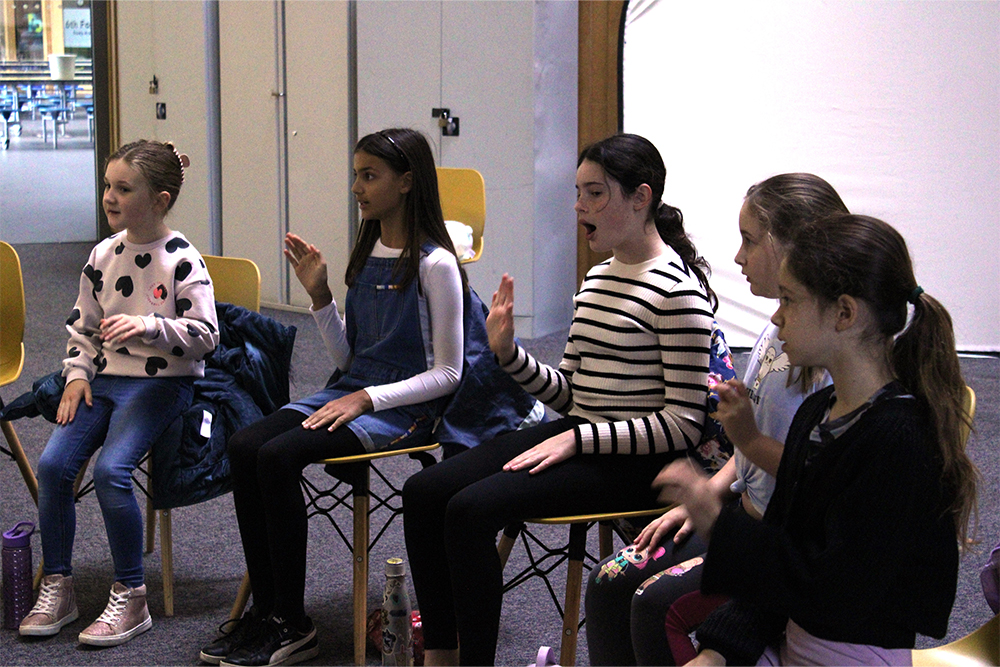
Folkestone Junior Choir
Music CentreMusic Centre
Folkestone Music Centre
Instrument Type
Voice
Age Group
8 – 13
Skill Level
Any
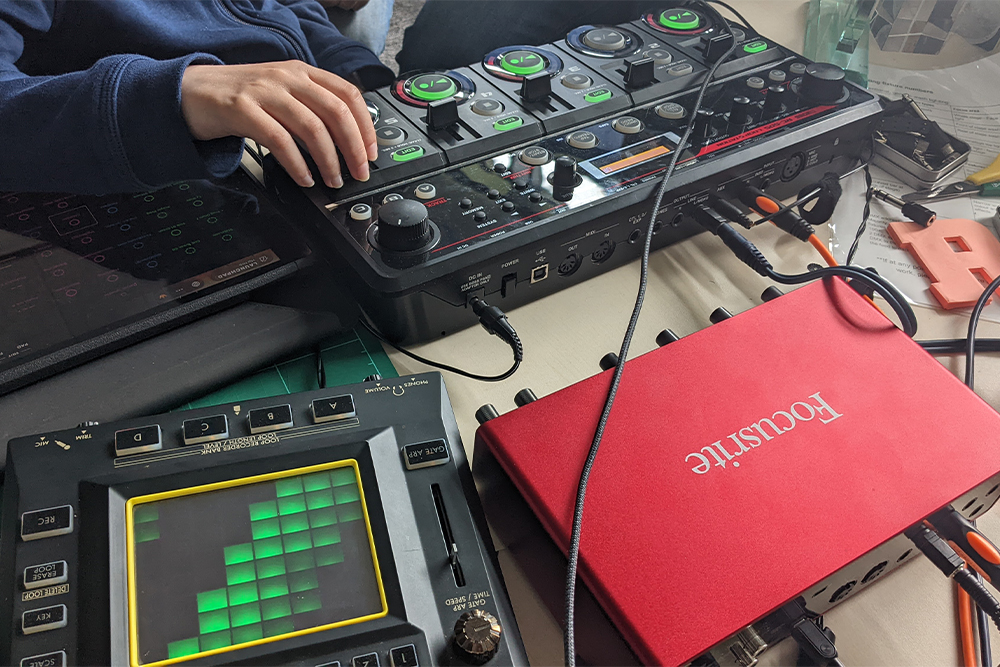
Folkestone Music Lab
Music CentreMusic Centre
Folkestone Music Centre
Instrument Type
Brass, Drums & Percussion, Piano & Keyboard, Strings, Voice, Woodwind
Age Group
11 – 18
Skill Level
Any
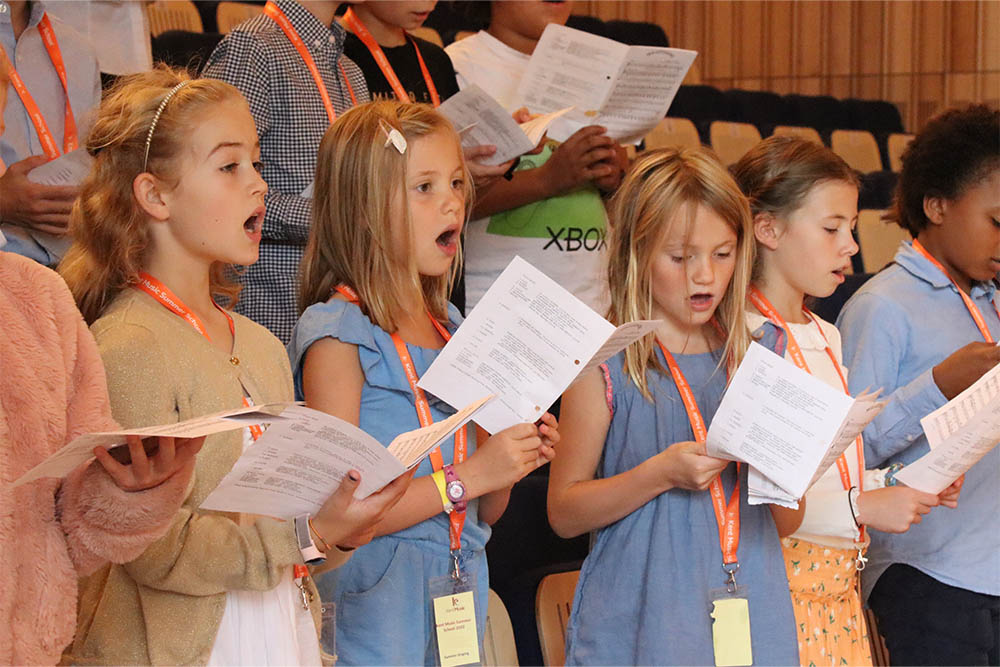
Gravesham Junior Choir
Music CentreMusic Centre
Gravesham Music Centre
Instrument Type
Voice
Age Group
8 – 14
Skill Level
Any
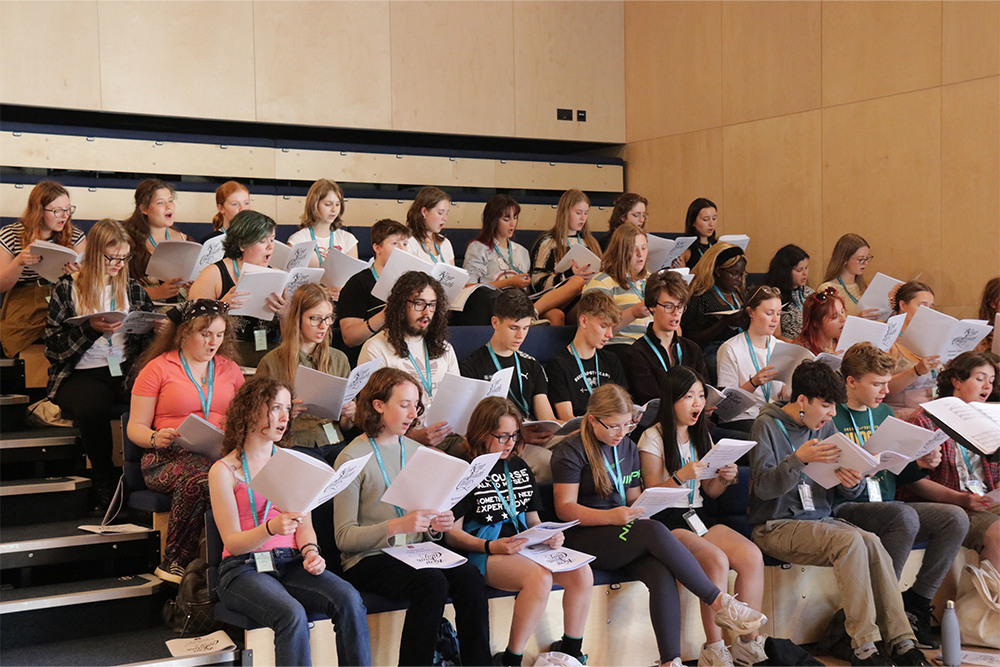
Kent Youth Choir
County GroupInstrument Type
Voice
Age Group
14 – 21
Skill Level
Any
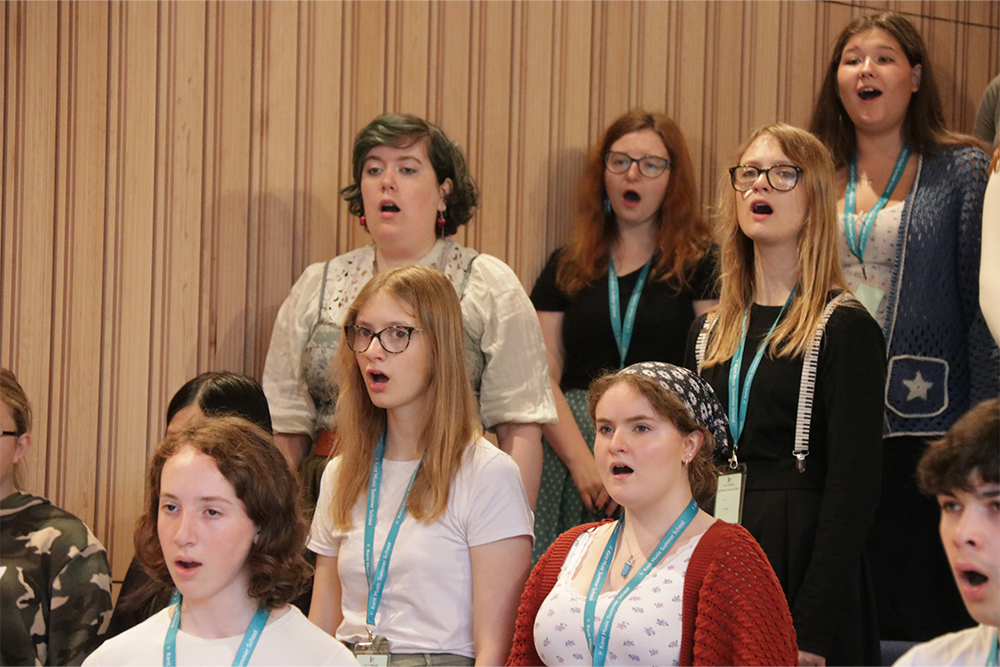
Medway Adult Voices
Music CentreMusic Centre
Medway Towns Music Centre
Instrument Type
Voice
Age Group
18+
Skill Level
Any
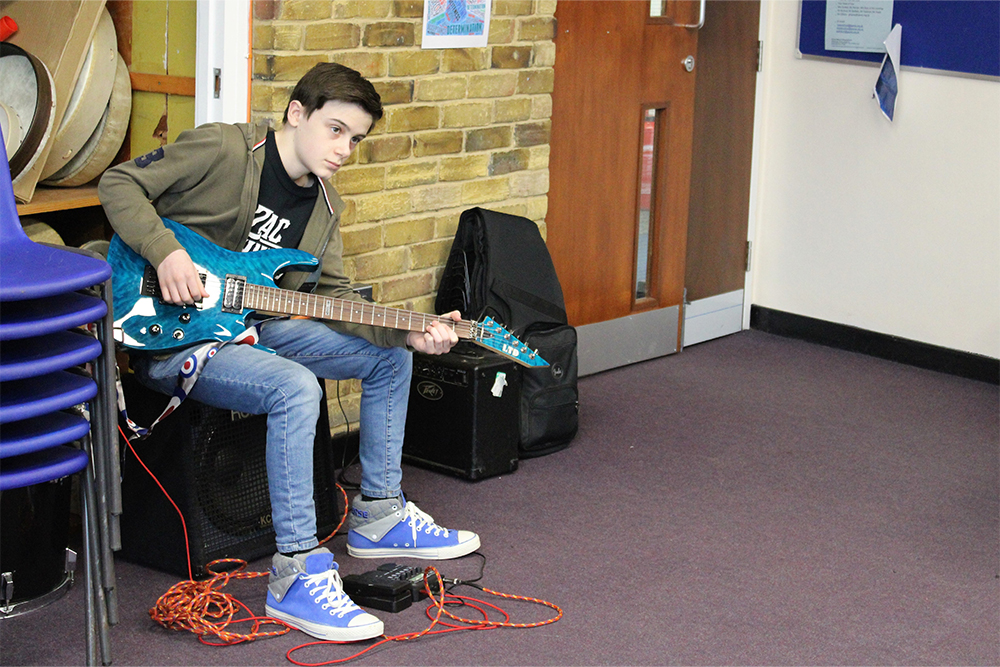
Medway Rock Band
Music CentreMusic Centre
Medway Towns Music Centre
Instrument Type
Brass, Drums & Percussion, Piano & Keyboard, Strings, Voice, Woodwind
Age Group
6 – 18
Skill Level
Grade 3+
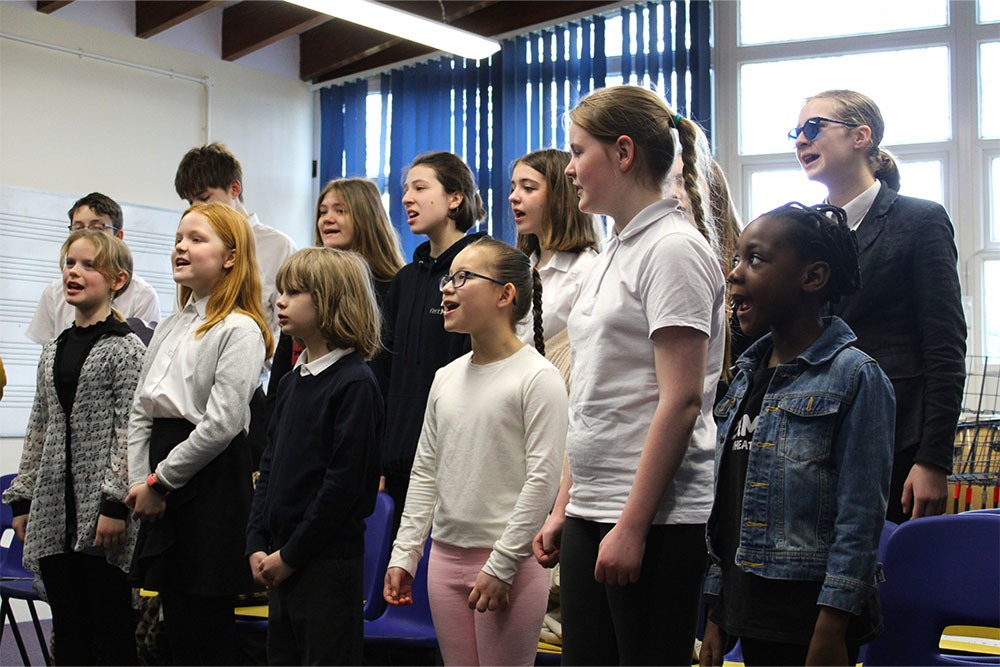
Medway Youth Voices
Music CentreMusic Centre
Medway Towns Music Centre
Instrument Type
Voice
Age Group
6 – 18
Skill Level
Any
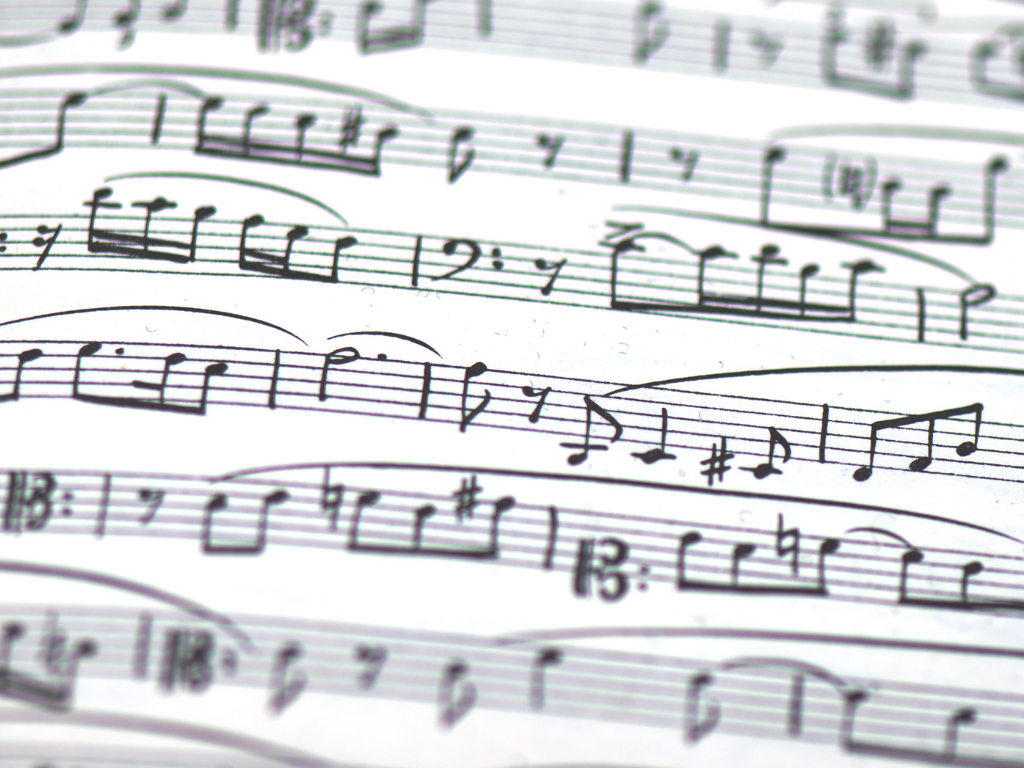
Music Theory and General Musicianship Support Class
Music CentreMusic Centre
Medway Towns Music Centre
Instrument Type
Brass, Drums & Percussion, Piano & Keyboard, Strings, Voice, Woodwind
Age Group
6 – Any Age
Skill Level
Any
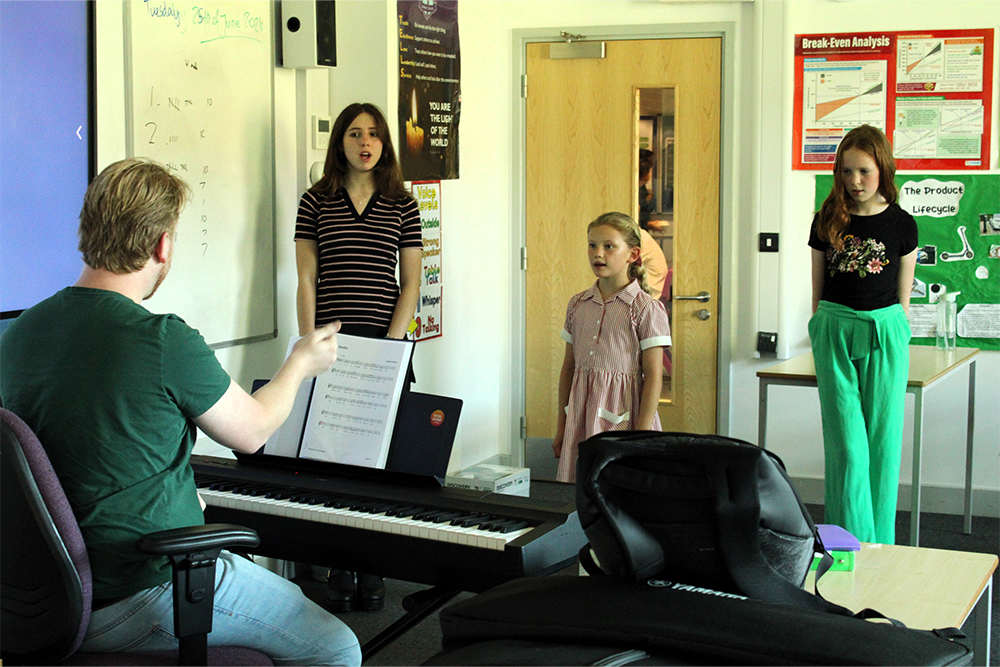
West Kent Junior Voices
Music CentreMusic Centre
Sevenoaks Music Centre
Instrument Type
Voice
Age Group
8 – 18
Skill Level
Any
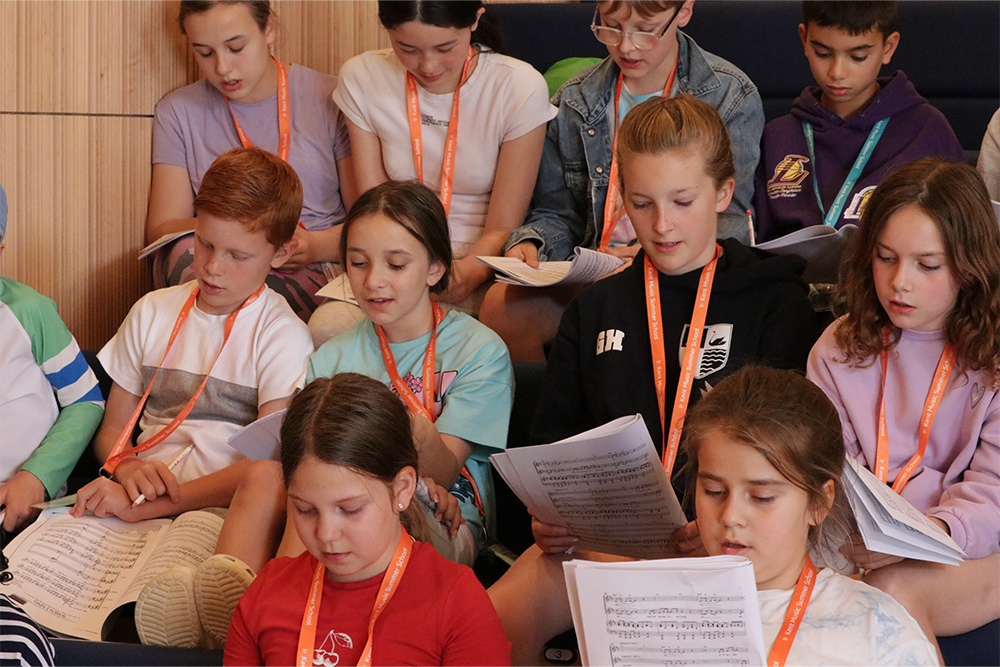
Upcoming Vocal Courses
Explore our upcoming vocal courses! We offer choirs and groups in half term holidays, at the Kent Music Summer School, and the Kent Youth Choir which performs advanced choral music from a large variety of genres and periods.

Summer Singing Course
26/07/2025 – 28/07/2025Course Type
Summer School
Location
Benenden School, Cranbrook
Instrument Type
Voice
Age Group
8 – 13
Skill Level
Any
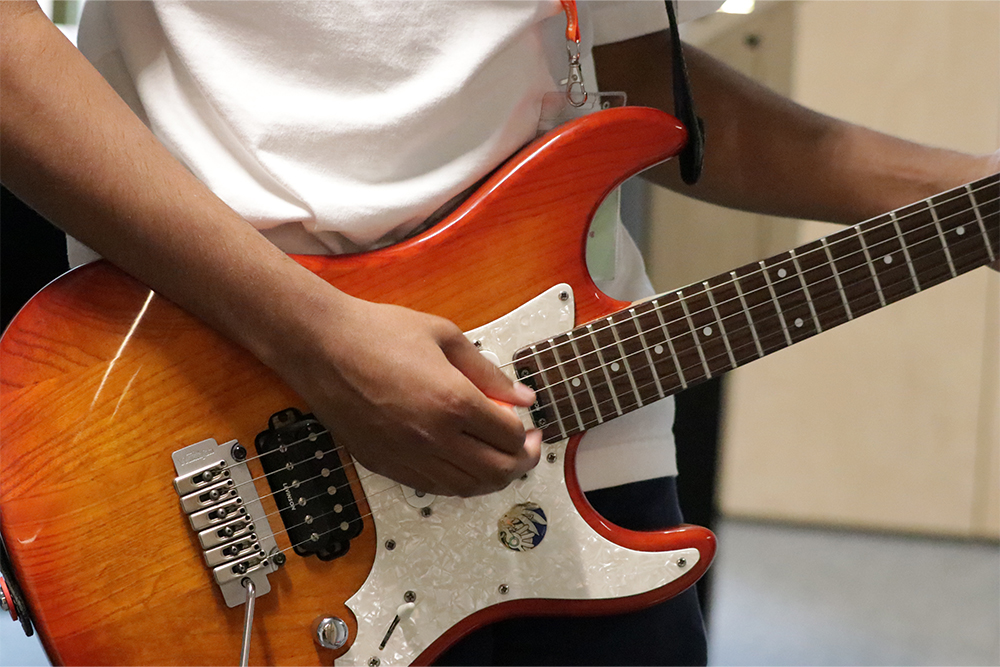
Song Writing Course
23/07/2025 – 25/07/2025Course Type
Summer School
Location
Benenden School, Cranbrook
Instrument Type
Drums & Percussion, Piano & Keyboard, Strings, Voice
Age Group
12 – 19
Skill Level
Any
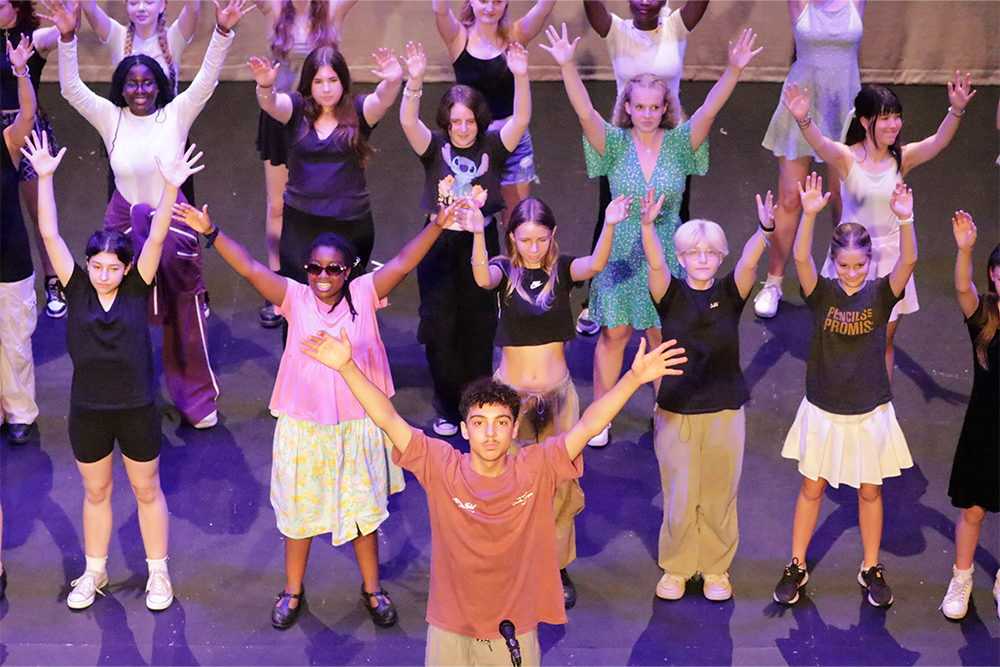
Musical Theatre Course
17/07/2025 – 21/07/2025Course Type
Summer School
Location
Benenden School, Cranbrook
Instrument Type
Voice
Age Group
12 – 19
Skill Level
Any
FAQs
Got questions about learning vocals? We’ve got you covered.
Explore the FAQs below to find answers to common questions about your musical journey. For more detailed information, visit our pages on instrument hire, lessons, groups and courses.
How can I improve my singing voice?
Improving your singing voice involves regular practice, vocal exercises, and proper techniques such as breath control and pitch accuracy. Working with a vocal coach can also be beneficial. Kent Music can help you to sing your best.
What are the different types of singing voices?
Singing voices are typically categorized by range and timbre into types such as soprano, alto, tenor, and bass, with further distinctions like mezzo-soprano and baritone. Find out more about these in the list above! Whatever you style of voice, Kent Music is here to support you.
Do I need formal training to be a good singer?
While formal training through organisations like Kent Music can significantly improve your technique and understanding, many successful singers have also developed their skills through practice and experience.
What genres of music use singing?
Singing is a fundamental element in almost all music genres, including classical, opera, pop, rock, jazz, folk, and musical theatre.
Got another question?
Can’t find what you’re looking for or want to speak to a member of the team? Give us a call on 01622 691212 or get in touch at the link below.